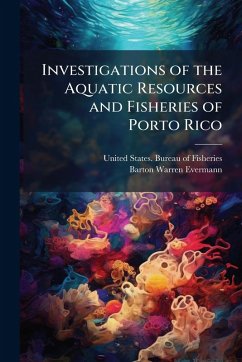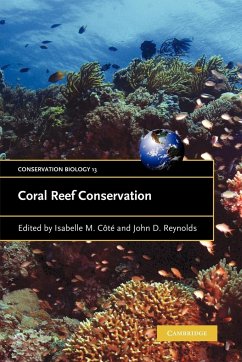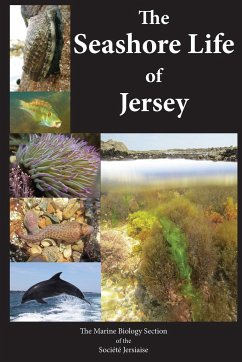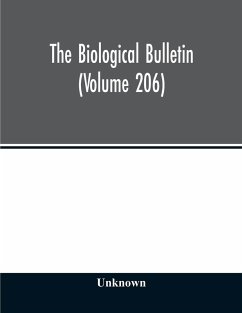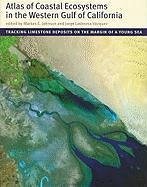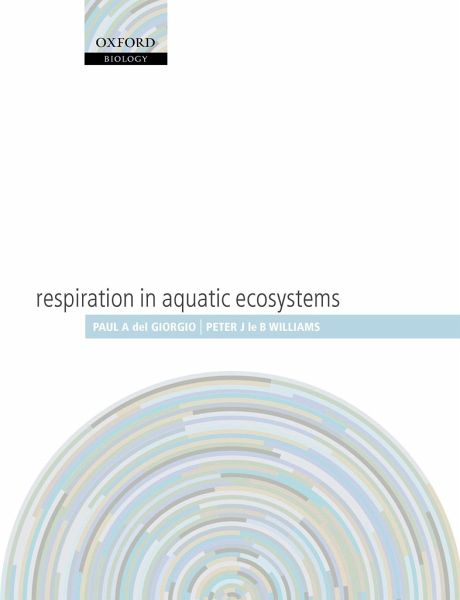
Respiration in Aquatic Ecosystems
Versandkostenfrei!
Versandfertig in 1-2 Wochen
93,99 €
inkl. MwSt.

PAYBACK Punkte
47 °P sammeln!
Respiration represents the major area of ignorance in our understanding of the global carbon cycle. In spite of its obvious ecological and biogeochemical importance, most oceanographic and limnological textbooks invariably deal with respiration only superficially and as an extension of production and other processes. The objective of this book is to fill this gap and to provide the first comprehensive review of respiration in the major aquatic systems of the biosphere. The introductory chapters review the general importance of respiration in aquatic systems, and deal with respiration within fo...
Respiration represents the major area of ignorance in our understanding of the global carbon cycle. In spite of its obvious ecological and biogeochemical importance, most oceanographic and limnological textbooks invariably deal with respiration only superficially and as an extension of production and other processes. The objective of this book is to fill this gap and to provide the first comprehensive review of respiration in the major aquatic systems of the biosphere. The introductory chapters review the general importance of respiration in aquatic systems, and deal with respiration within four key biological components of aquatic systems: bacteria, algae, heterotrophic protists, and zooplankton. The aim of this first part is to provide the backbone for the analysis and interpretation of ecosystem-level respiration in a variety of aquatic environments. The central chapters of the book review respiration in major aquatic ecosystems including freshwater wetlands, lakes and rivers, estuaries, coastal and open ocean and pelagic ecosystems. For each major ecosystem, the corresponding chapter provides a synthesis of methods used to assess respiration, outlines the existing information and data on respiration, discusses its regulation and link to biotic and abiotic factors, and finally provides regional and global estimates of the magnitude of respiration. The final chapter provides a general synthesis of the information and data provided in the different sections, and further attempts to place aquatic respiration within the context of the global carbon budget.




